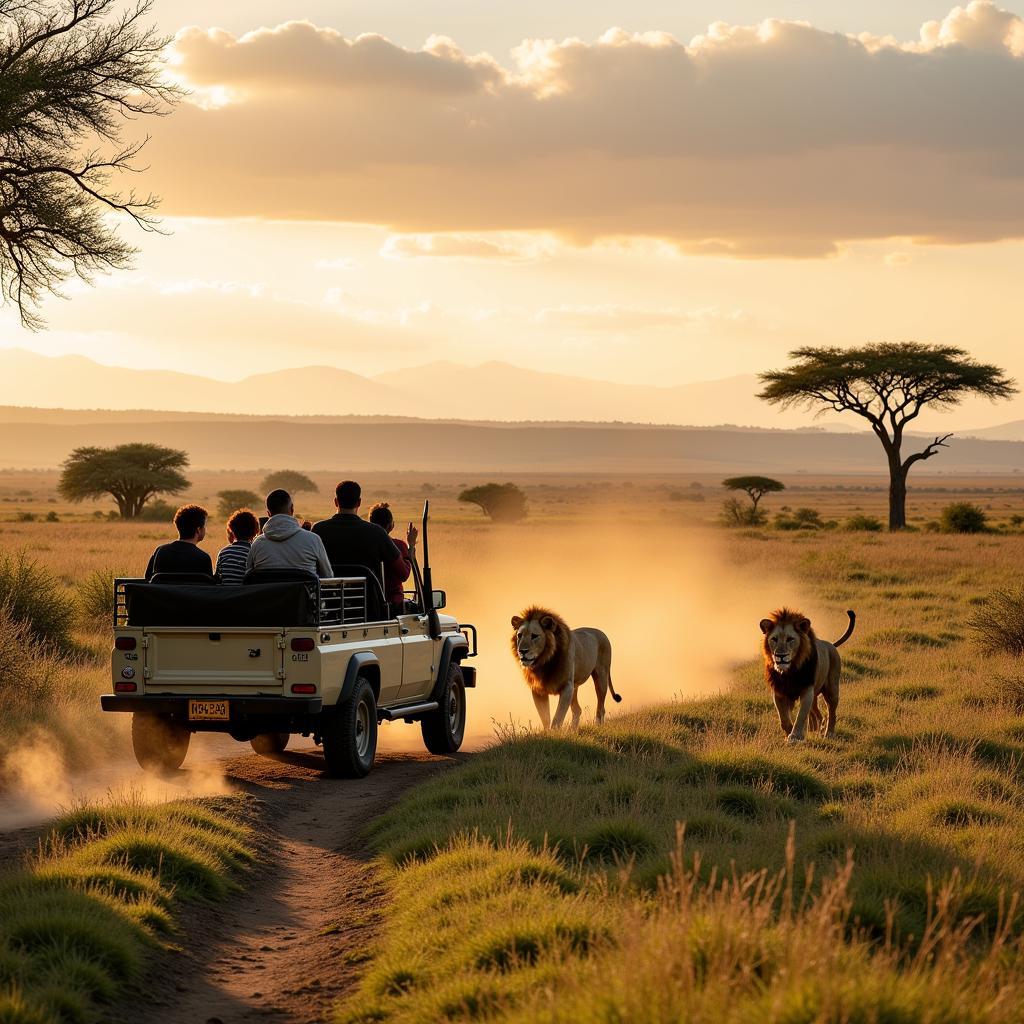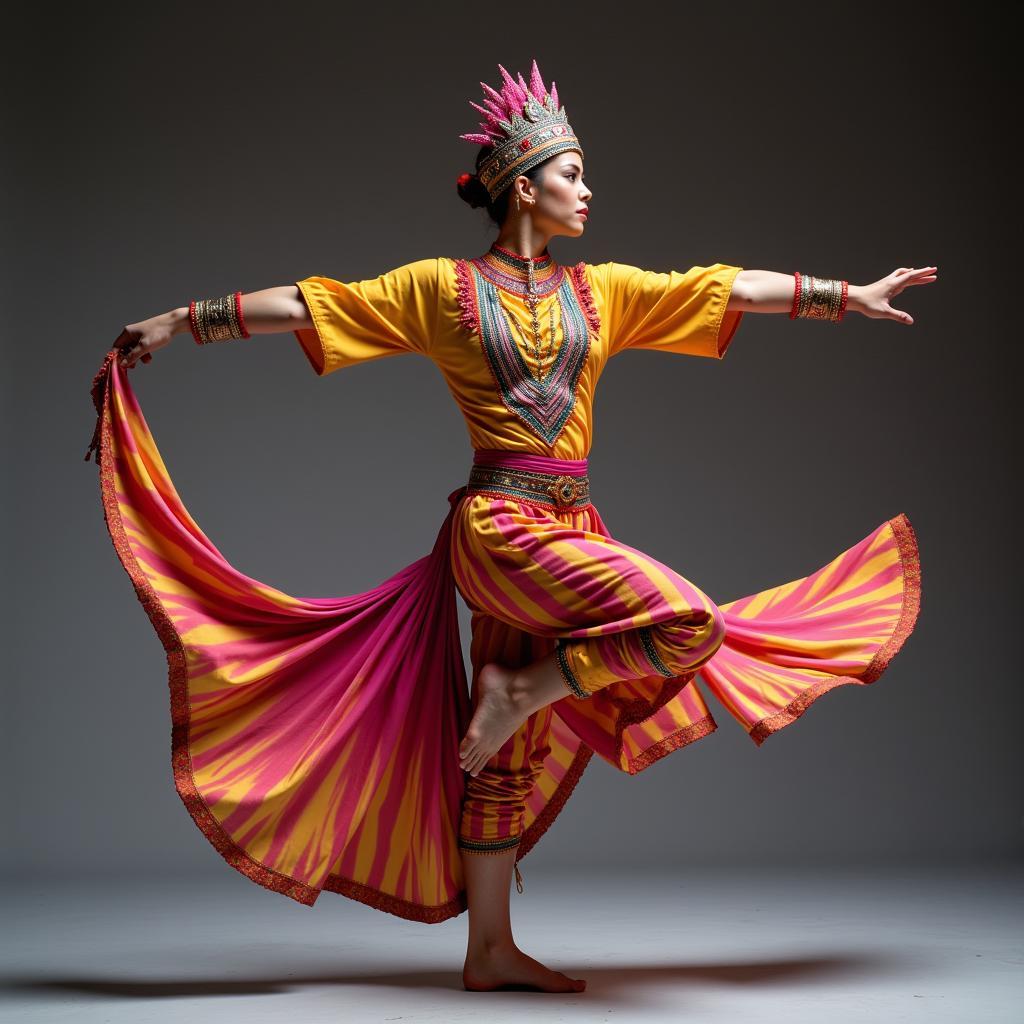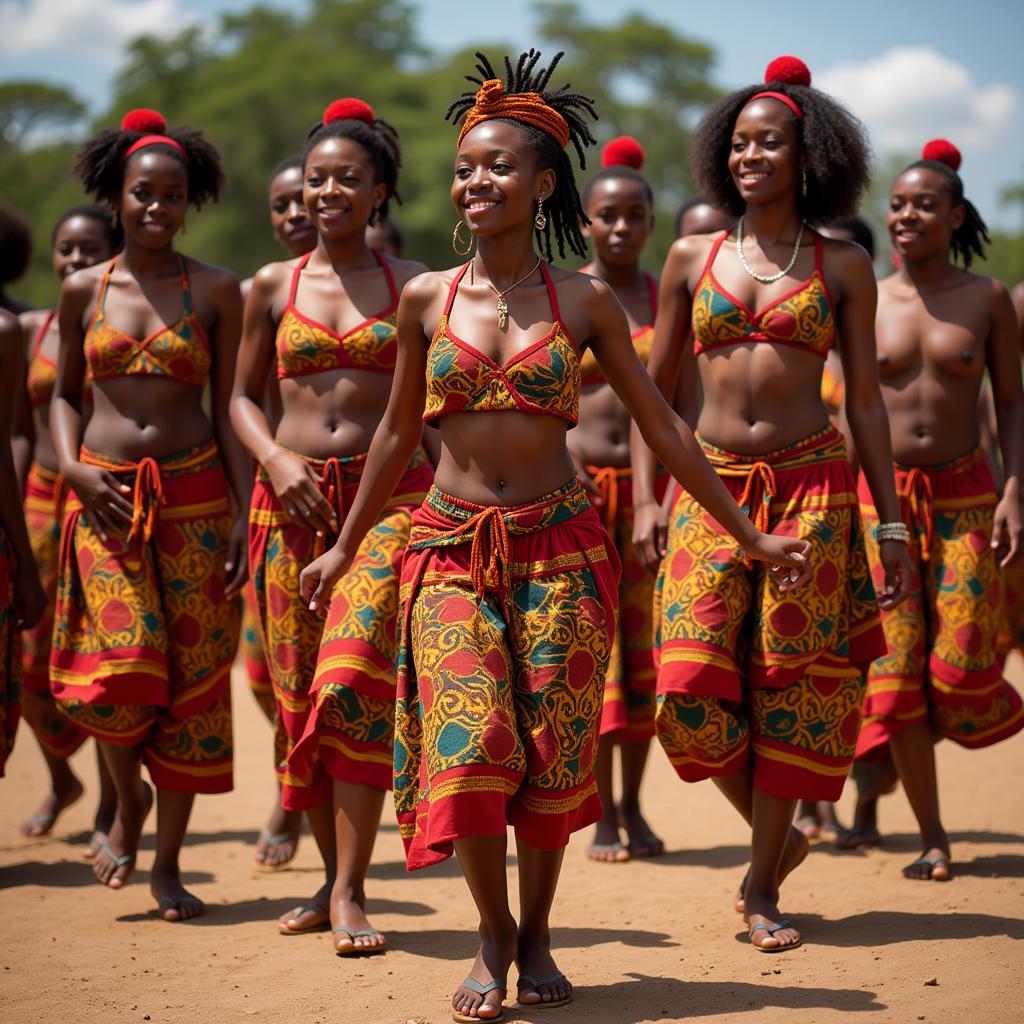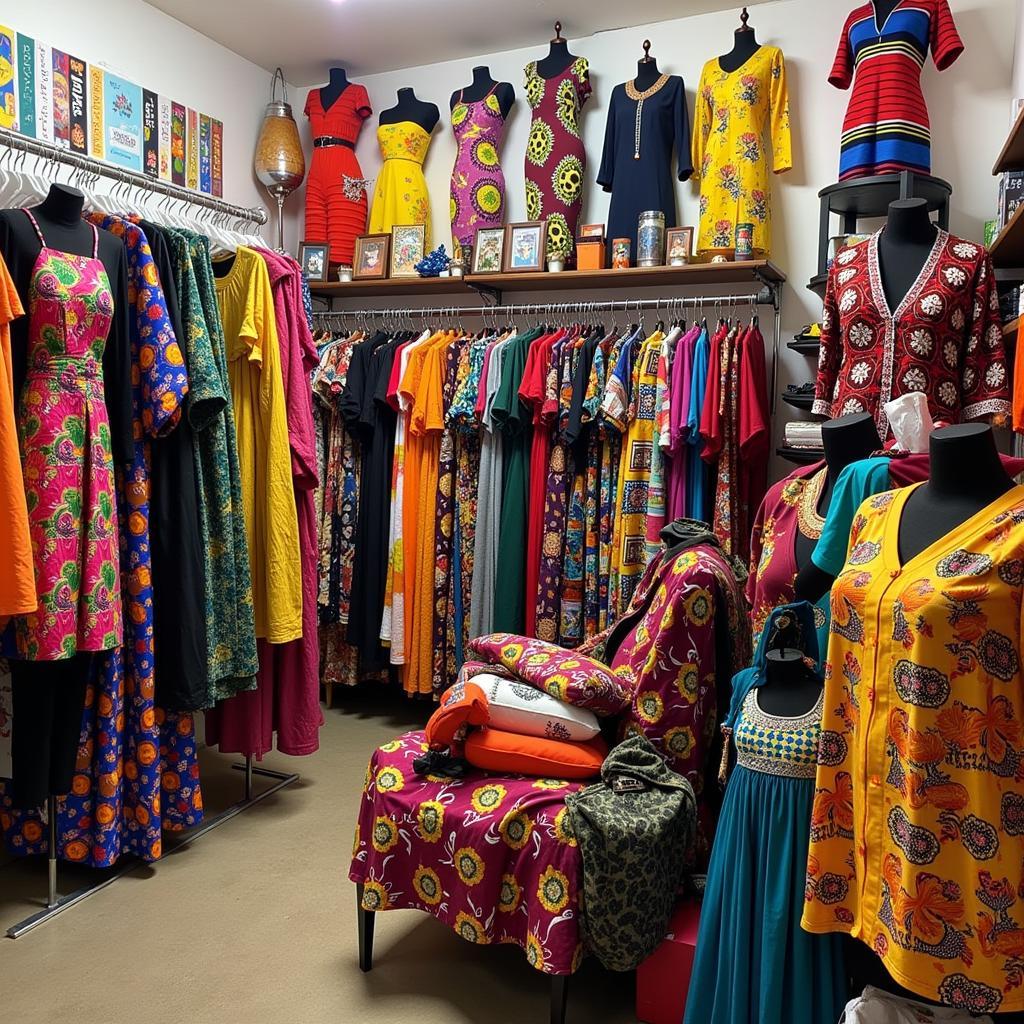Fascinating African Language Facts
Africa, the world’s second-largest and second-most-populous continent, is a tapestry of cultures, each with its own unique history and expressions. A key aspect of this rich cultural diversity is the vast array of African languages. With estimates ranging from 1,500 to 2,000 distinct tongues, Africa is a continent brimming with linguistic treasures. Let’s delve into some fascinating facts about these languages.
Beyond Colonial Influence: The Diversity of African Languages
While many associate Africa with colonial languages like English, French, and Portuguese, these are relatively recent additions to the continent’s linguistic landscape. The true richness of African languages lies in its indigenous tongues, grouped into four main language families: Afro-Asiatic, Nilo-Saharan, Niger-Congo, and Khoisan. Each family boasts its own unique characteristics and sub-families, further adding to the continent’s linguistic diversity.
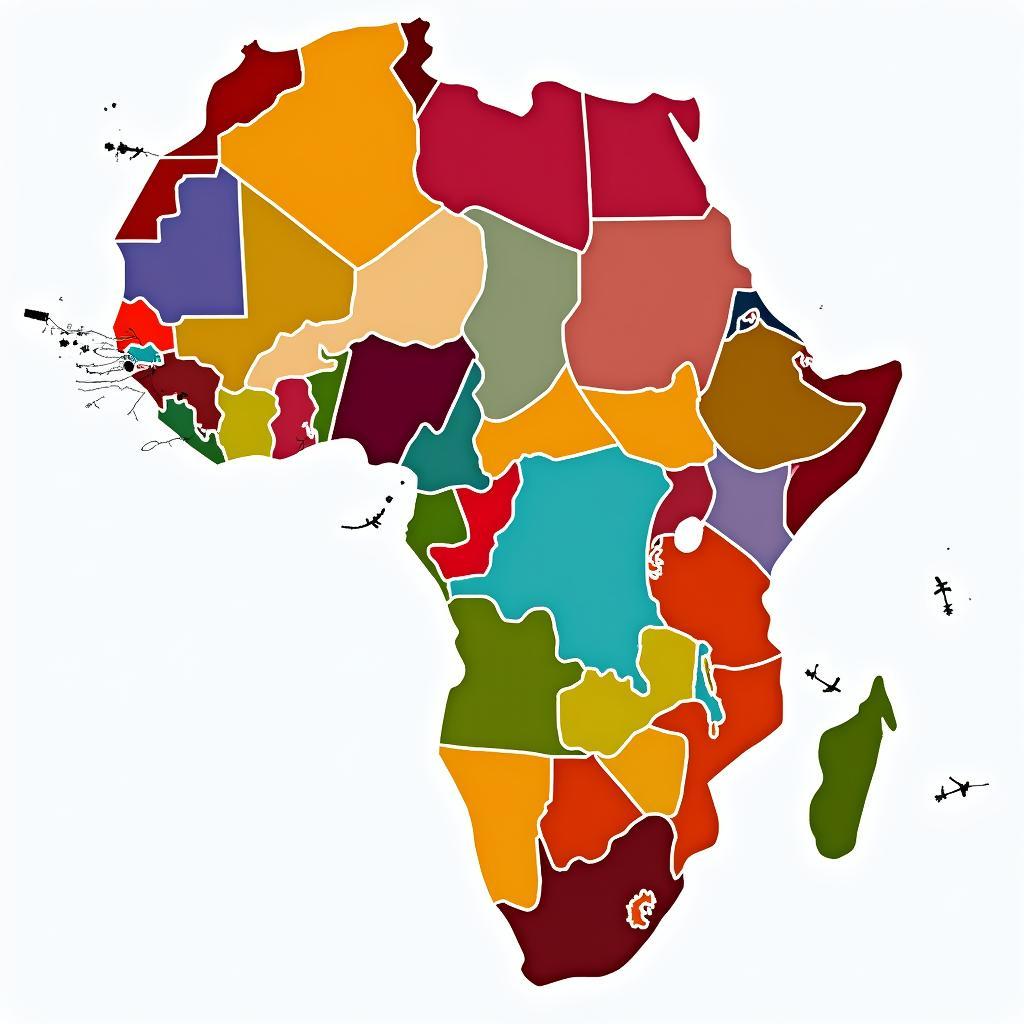 African Language Map
African Language Map
More Than Just Words: The Power of Tone and Melody
Many African languages are tonal, meaning that the tone or pitch of a word can change its meaning entirely. Take the Yoruba language, for example. The word “ògó” can mean “money,” “hoe,” or “bottle,” depending solely on the tone used. This tonal quality adds a layer of musicality to conversations, making them captivating to the ear.
Lost in Translation: The Challenge of Click Consonants
One of the most intriguing features of some Southern African languages, like Xhosa and Zulu, is the use of click consonants. These sounds, produced by creating suction in the mouth, are unique to this region and pose a fascinating challenge for linguists and language learners alike.
A Continent United: Swahili’s Growing Influence
Swahili, a Bantu language with Arabic influences, stands as a testament to Africa’s interconnectedness. Spoken by over 100 million people across East and Central Africa, it serves as a vital lingua franca, facilitating trade and communication across borders.
Preserving Heritage: The Fight for Language Survival
Sadly, many African languages face the threat of extinction due to factors like globalization and the dominance of colonial languages. However, there’s a growing movement to preserve these linguistic treasures. From language documentation projects to revitalization efforts within communities, preserving African languages is key to safeguarding the continent’s cultural heritage.
Conclusion
Exploring the fascinating facts about African languages reveals the continent’s incredible diversity and cultural depth. From tonal languages to click consonants, each linguistic feature tells a story, offering a glimpse into the rich tapestry of cultures that make Africa so unique. As we continue to learn about these languages, we gain a deeper appreciation for the continent’s heritage and the importance of preserving its linguistic treasures for generations to come.
FAQs
1. What is the most widely spoken language in Africa?
While numerous indigenous languages thrive, Arabic holds the title of the most widely spoken language in Africa, primarily due to its official status in several North African countries.
2. Are there any written African languages?
Yes, many African languages possess writing systems. Some utilize Latin script, while others, like Ge’ez in Ethiopia and Nsibidi in Nigeria, have unique scripts.
3. How are click consonants made?
Click consonants, unique to some Southern African languages, are produced by creating suction in the mouth, resulting in distinct clicking sounds.
4. What is being done to preserve endangered African languages?
Efforts include language documentation projects, language revitalization programs within communities, and the promotion of linguistic diversity in education.
5. What can I do to learn more about African languages?
Numerous resources are available online and in libraries. You can also seek out language learning programs, cultural events, or connect with African communities to delve deeper into this fascinating subject.
You Might Also Be Interested In:
Need Help? Contact Us!
For assistance or more information, please reach out to us via:
Phone: +255768904061
Email: [email protected]
Address: Mbarali DC Mawindi, Kangaga, Tanzania
Our dedicated customer support team is available 24/7 to assist you.
